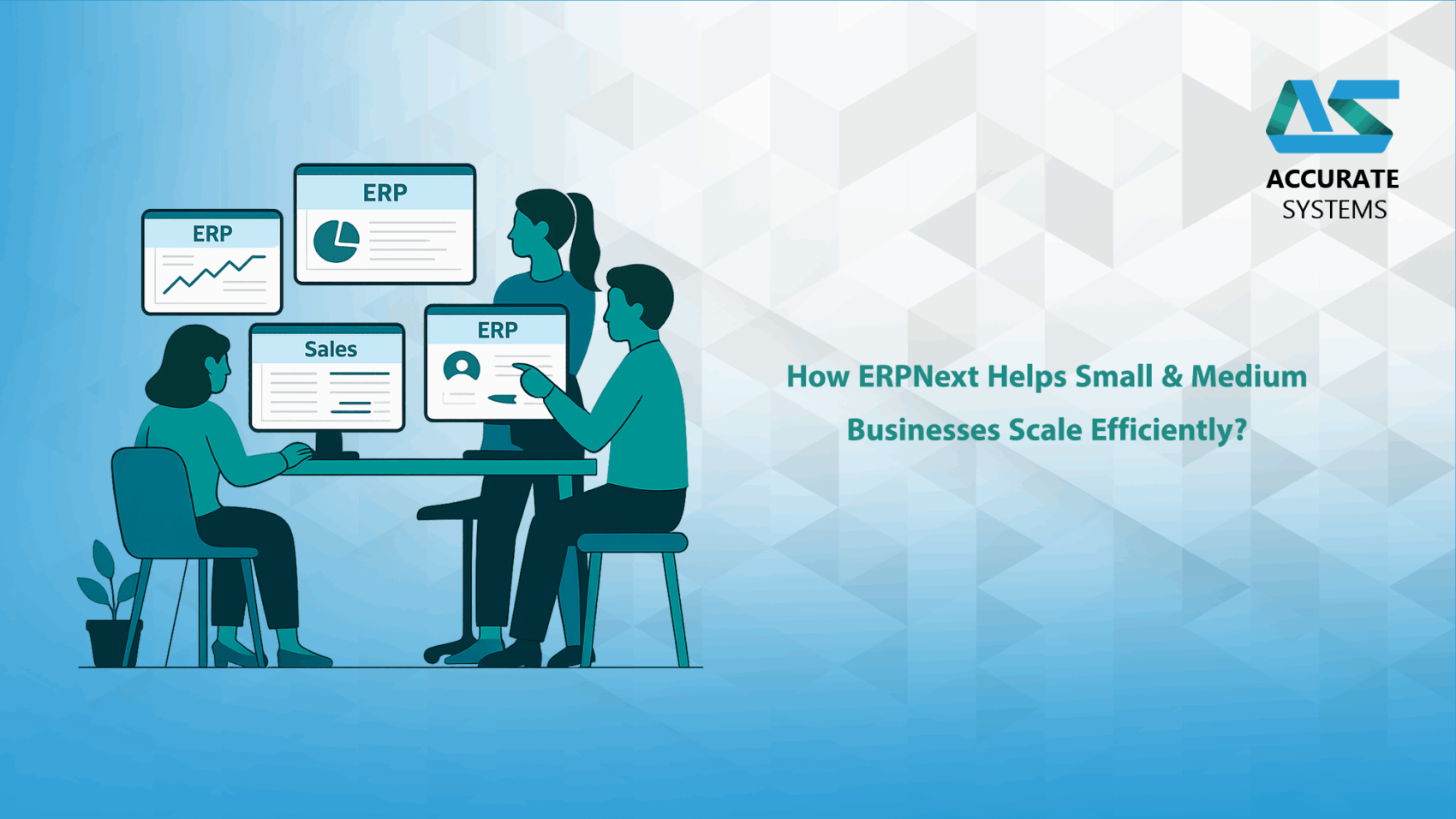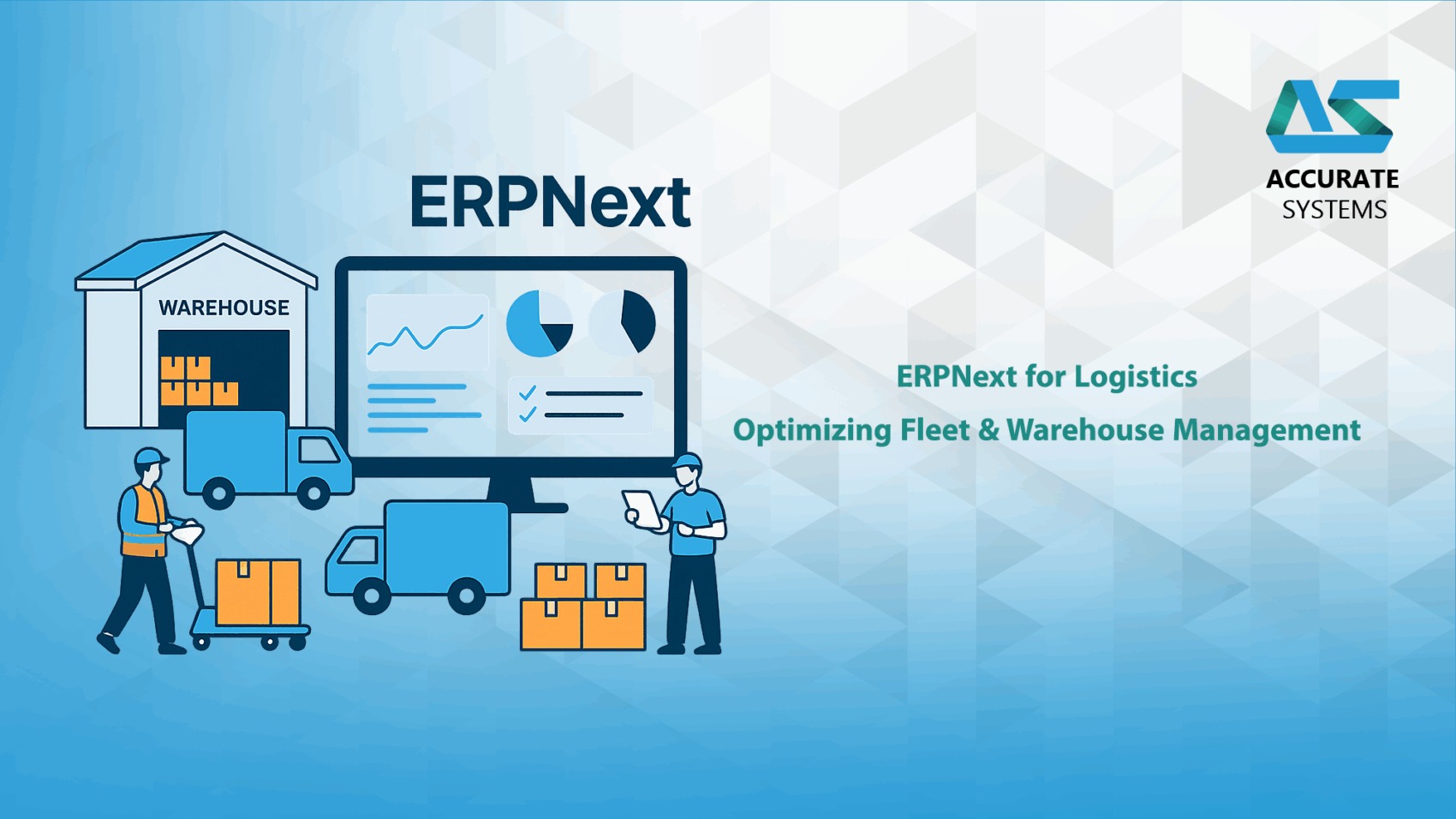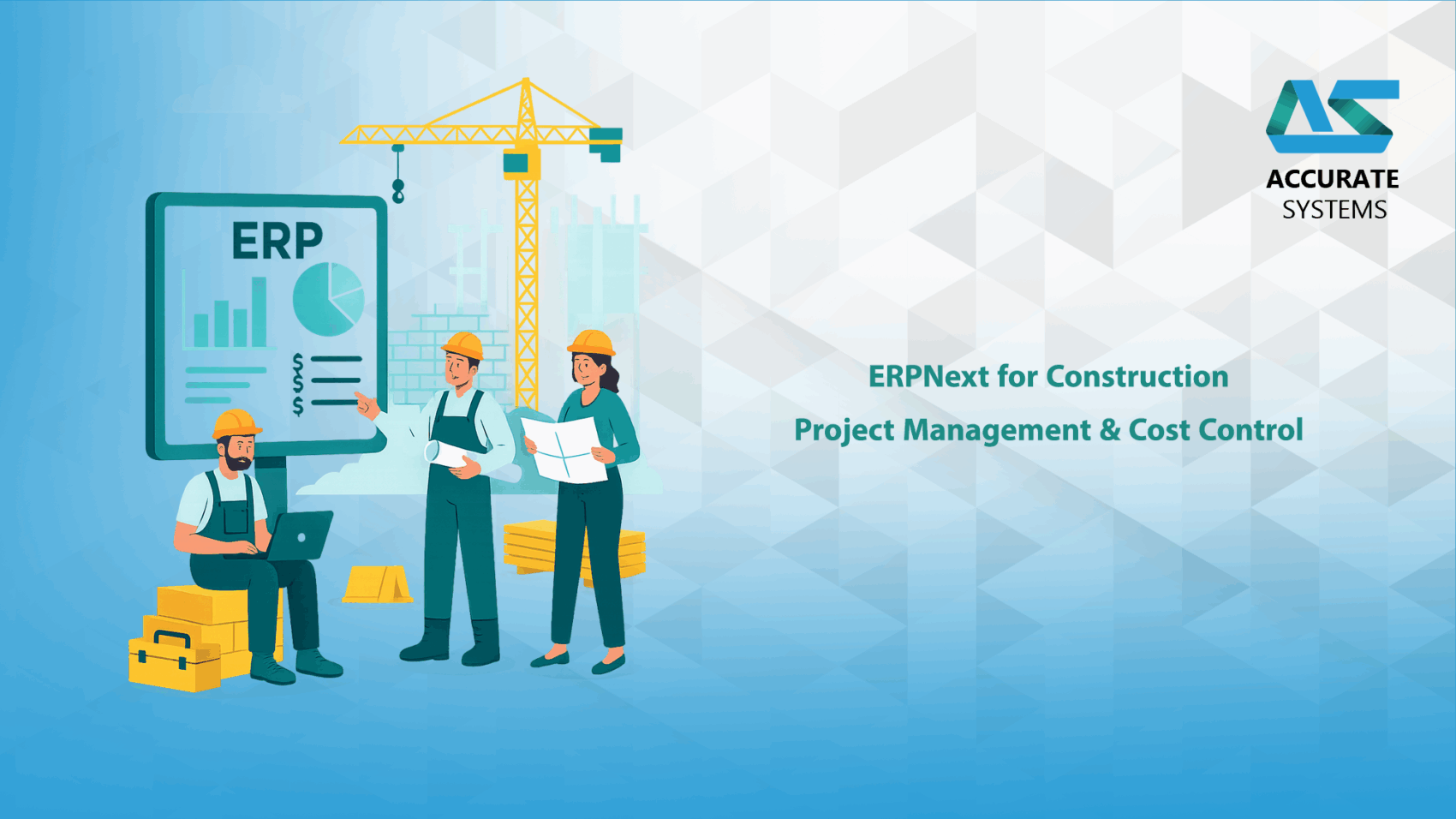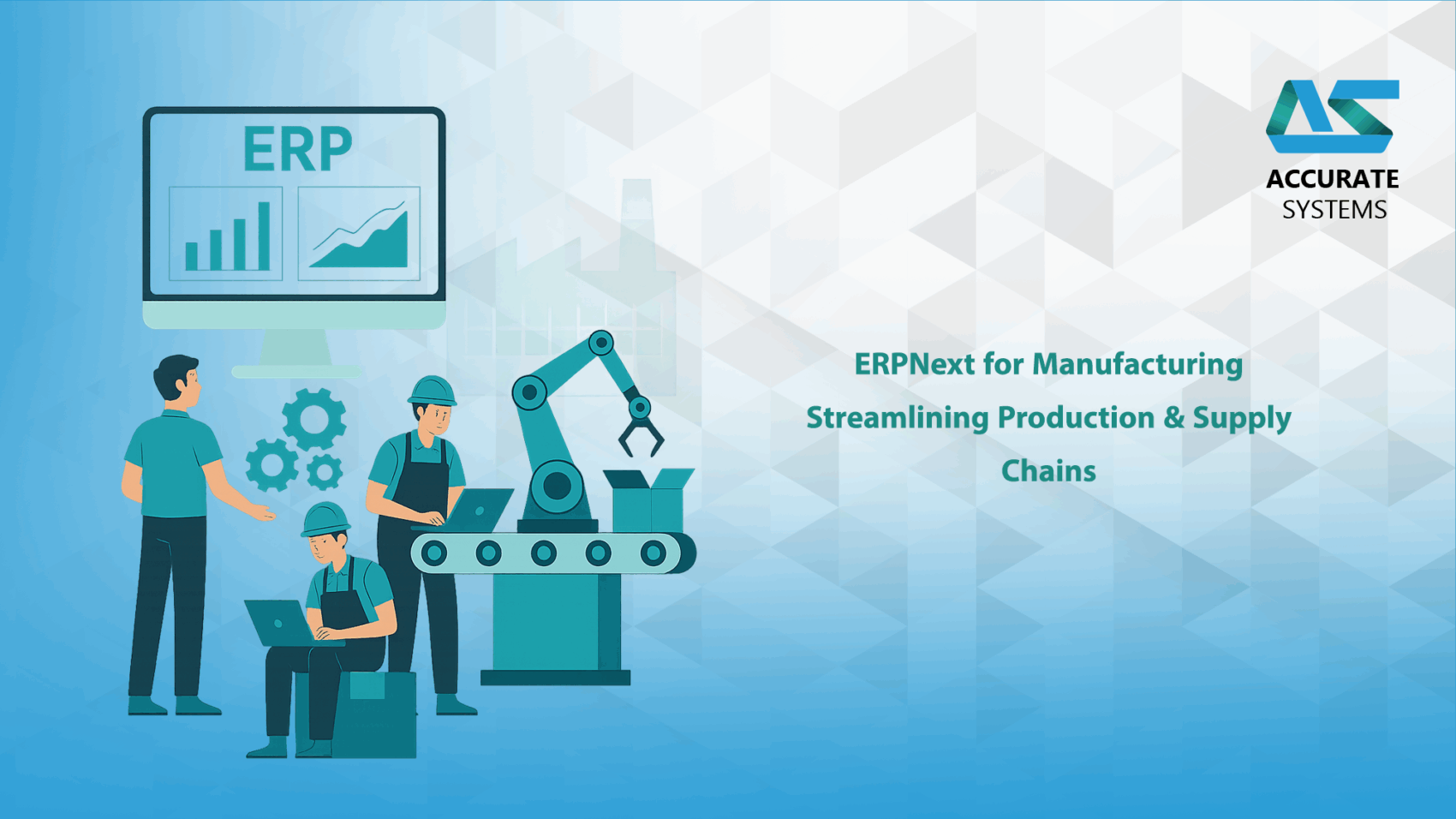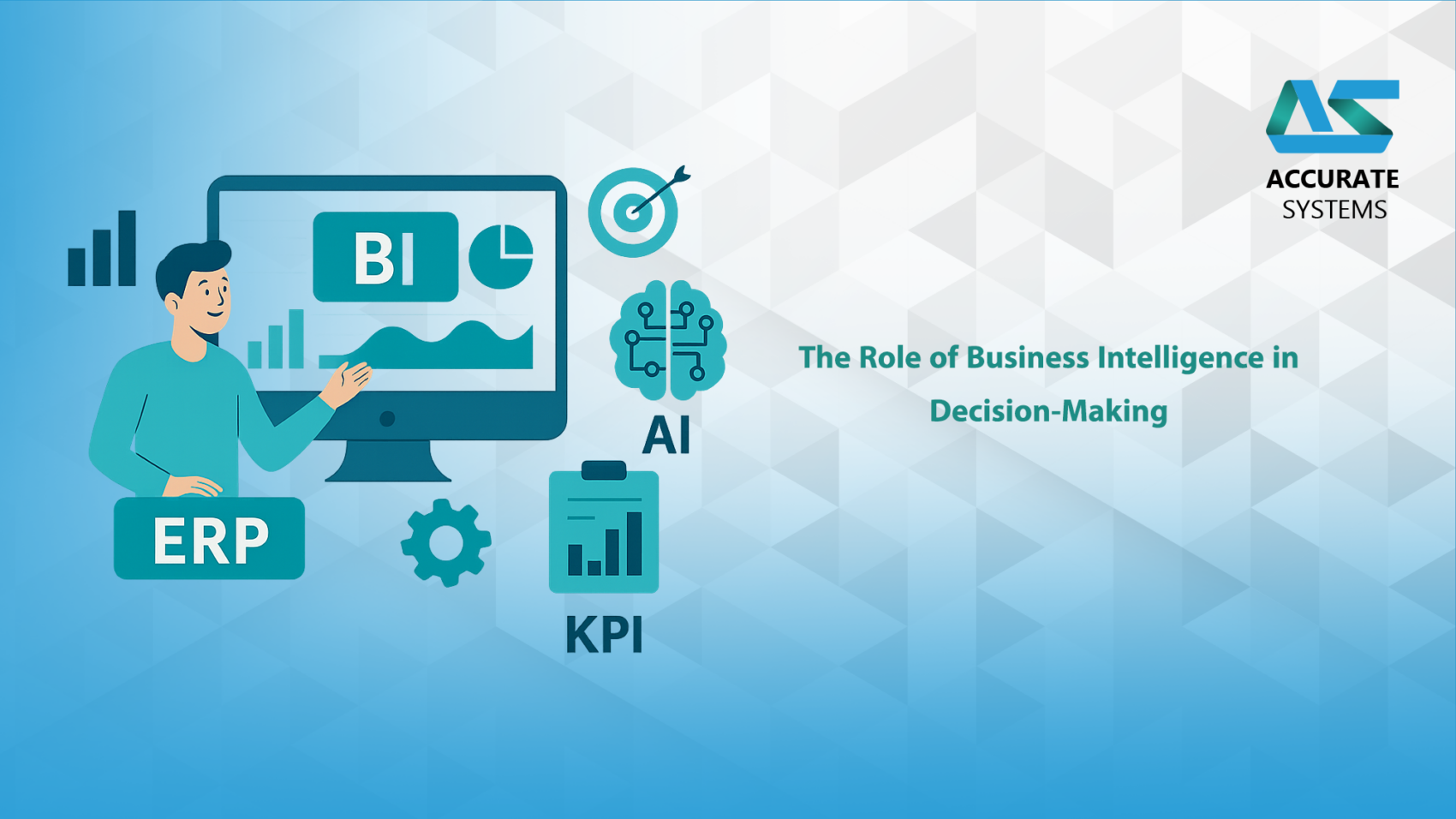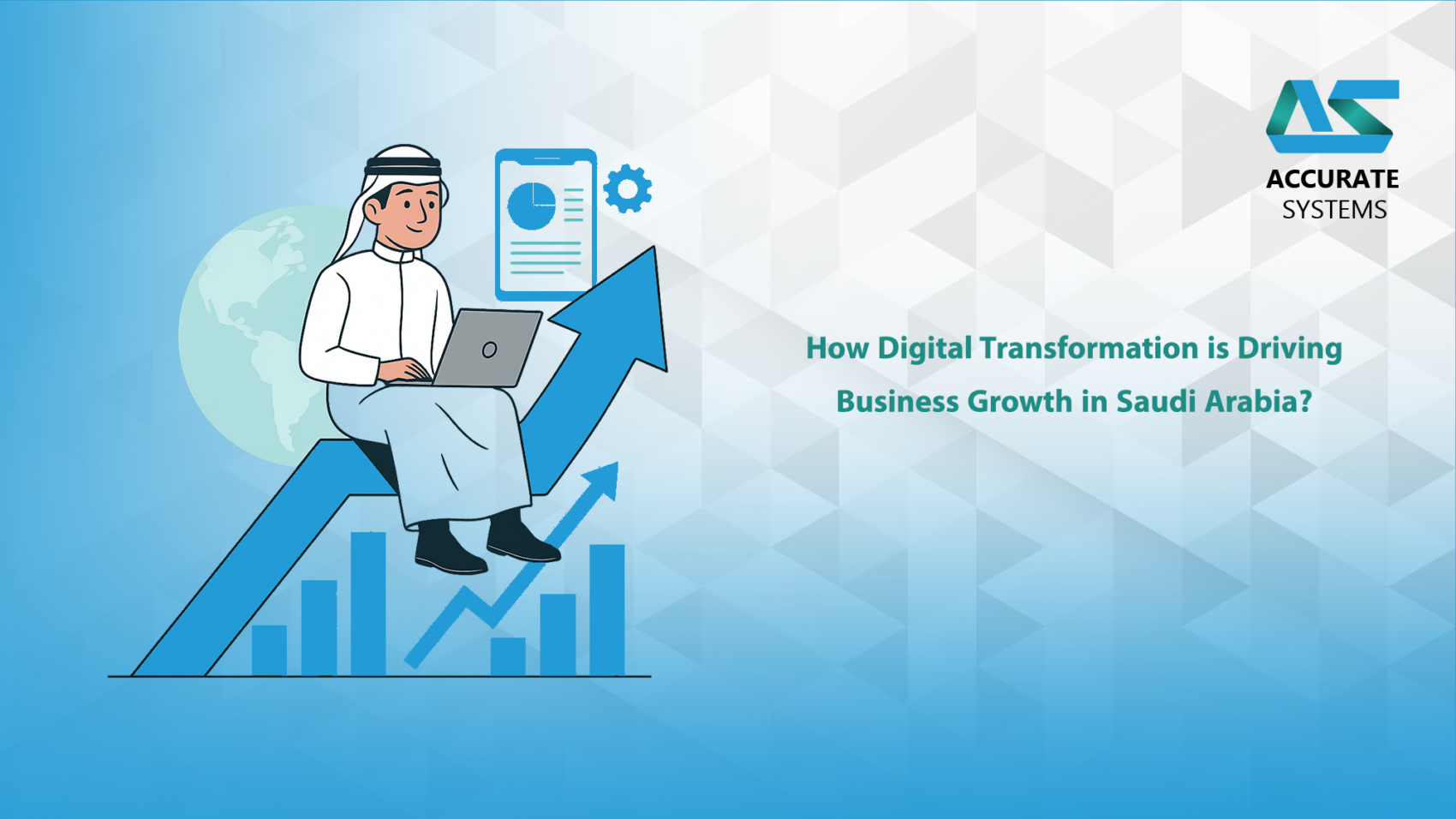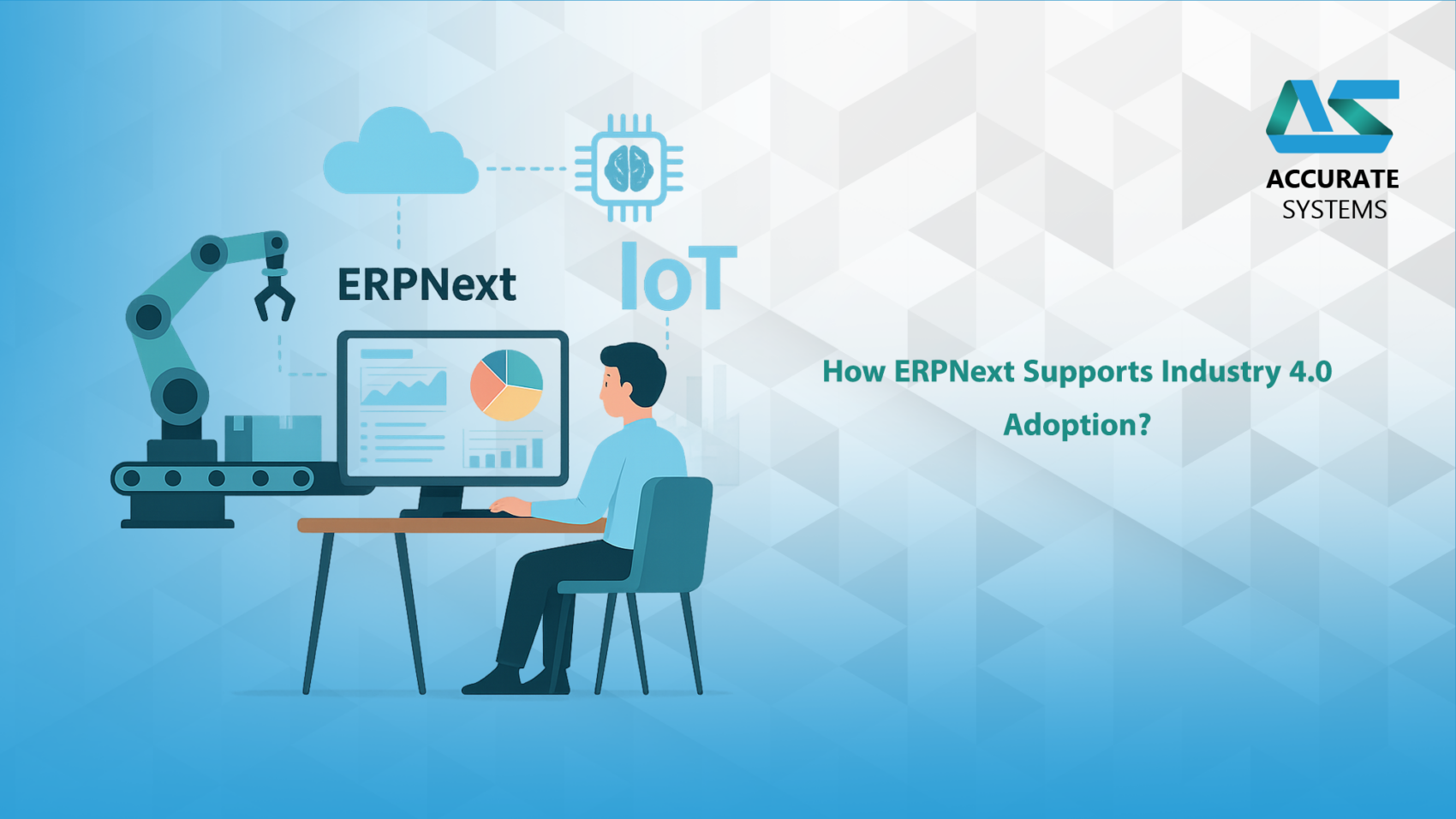Challenges SMEs Face in Scaling Operations
Small and medium-sized enterprises (SMEs) are vital to global economic development, innovation, and job creation. However, as these businesses grow, they often face significant operational and technological hurdles that limit their ability to scale. Common challenges include:
- Disjointed Processes: Managing different departments using separate systems leads to duplicated efforts, confusion, and inefficiencies.
- Limited Real-Time Visibility: Without access to up-to-date data, business leaders struggle to make timely and accurate decisions.
- Manual and Repetitive Tasks: Heavy reliance on spreadsheets, emails, and paper documents slows down operations and increases the risk of human error.
- Fragmented Data Systems: Isolated platforms for sales, inventory, accounting, and HR create silos that hinder collaboration.
- Lack of Integration: Difficulty syncing e-commerce, payment gateways, and shipping systems with backend operations.
- Inflexibility: Legacy software may not scale or adapt to changing business models and customer needs.
- Cost Concerns: Enterprise-grade ERP platforms are often expensive and resource-intensive for smaller teams.
How ERPNext Provides Scalable Solutions
ERPNext offers an integrated, open-source ERP solution tailored for the unique needs of SMEs. It enables seamless coordination between different departments, automates business processes, and provides real-time visibility into operations.
✅ Unified Business Platform
ERPNext centralizes critical functions including sales, accounting, inventory, CRM, HR, procurement, and support. This allows teams to work more collaboratively, minimizing duplication and communication gaps.
✅ End-to-End Automation
Tasks such as invoicing, order fulfillment, leave approvals, inventory adjustments, and financial reconciliation are automated through built-in workflows, saving time and reducing overhead.
✅ Real-Time Business Intelligence
Dynamic dashboards, customizable reports, and analytics help SMEs track performance metrics, sales trends, and operational efficiency in real time.
✅ Scalable and Modular Architecture
ERPNext’s modular design lets businesses implement only what they need and scale up later with additional modules like manufacturing, e-commerce, or project management.
✅ Cloud-Enabled and Mobile-Ready
SMEs can operate ERPNext via the cloud or host it on-premise. Its responsive interface ensures accessibility across devices—perfect for remote teams and on-the-go operations.
✅ Integrated Customer Lifecycle Management
With built-in CRM features, businesses can track leads, manage customer interactions, automate follow-ups, and optimize the entire sales funnel.
✅ Employee Lifecycle and HR Tools
From recruitment to retirement, ERPNext offers HR capabilities such as attendance, payroll, training, and appraisals, ensuring scalable workforce management.
✅ E-Commerce and Web Integration
ERPNext includes a full-featured website builder and e-commerce module, enabling SMEs to sell products online while syncing sales, inventory, and finance.
✅ API and Third-Party Integration
Easily connect ERPNext with payment gateways, shipping carriers, marketplaces, and industry-specific platforms to streamline omnichannel operations.
✅ Role-Based Access and Security
ERPNext provides fine-grained access control, data protection, and audit trails—ensuring secure scaling even with growing teams.
Steps to Implement ERPNext for Scaling
Scaling with ERPNext requires strategic planning and phased execution. Here’s a recommended roadmap:
1. Define Strategic Objectives
Identify core pain points and outline the business processes that need optimization.
2. Assess Readiness and Choose Deployment Model
Evaluate whether cloud or on-premise deployment best fits your business requirements and IT capacity.
3. Prioritize Core Modules
Start with modules that offer immediate value—such as Accounting, Sales, Inventory, and CRM.
4. Data Migration and Cleanup
Prepare master data (e.g., customers, suppliers, items) and use ERPNext import tools to transition from legacy systems.
5. Configure Workflows and Permissions
Map out internal processes and set up automated workflows, user roles, and access levels.
6. Train Your Teams
Invest in user training and documentation to ensure team adoption and reduce disruption.
7. Monitor, Optimize, and Expand
Use KPIs and dashboards to measure performance, gather feedback, and roll out additional modules as needed.
Conclusion
ERPNext empowers SMEs to scale with confidence by providing a centralized, flexible, and cost-effective business management solution. By automating processes, improving data accuracy, and enabling real-time collaboration, ERPNext helps growing businesses reduce friction and focus on strategic growth.
Whether you’re expanding into new markets, launching new product lines, or hiring new teams, ERPNext equips your business with the digital infrastructure needed to scale efficiently, competitively, and sustainably.
#ERPNext #SMEGrowth #BusinessScaling #ERPforSMEs #OpenSourceERP #DigitalTransformation #SMEOperations #WorkflowAutomation #IntegratedERP

